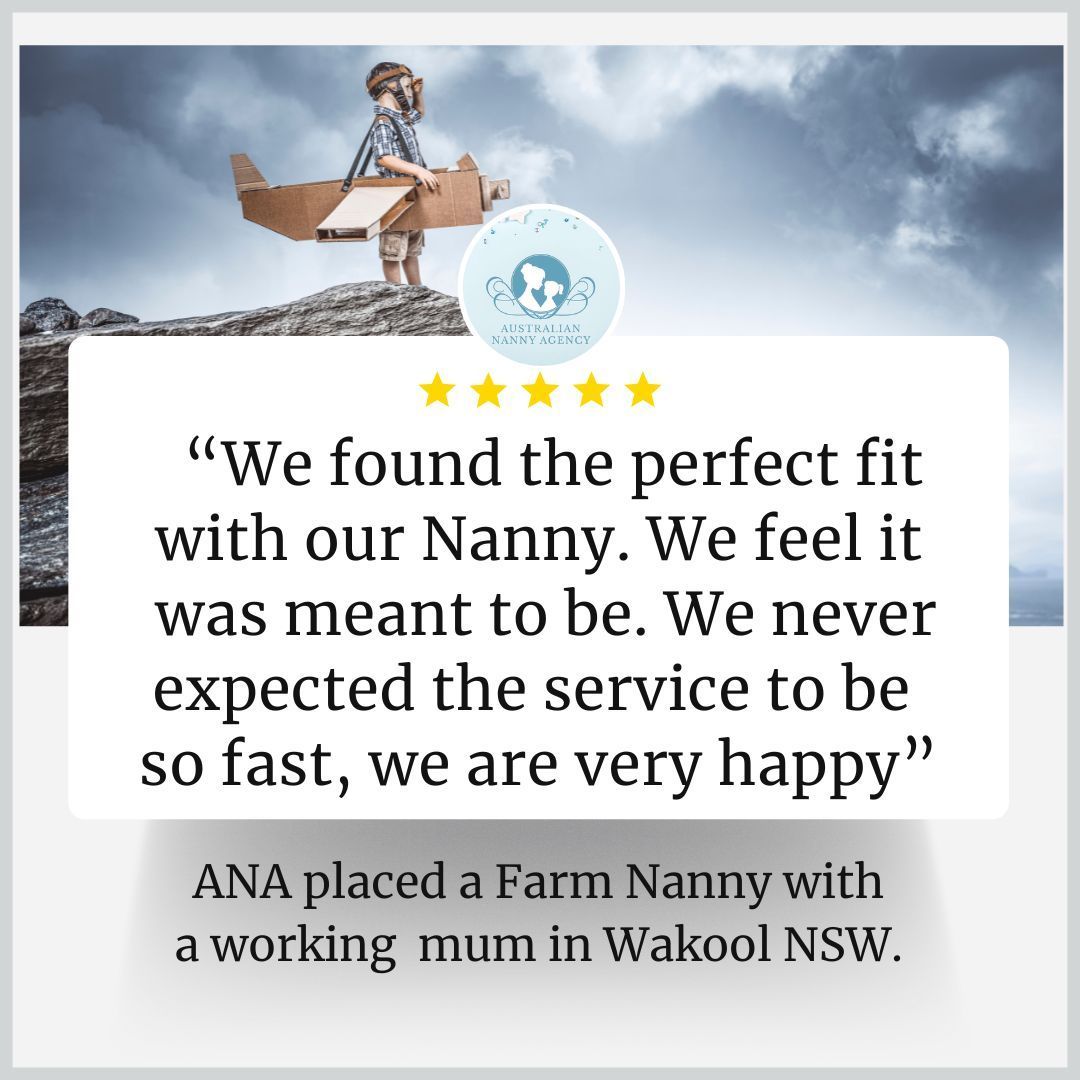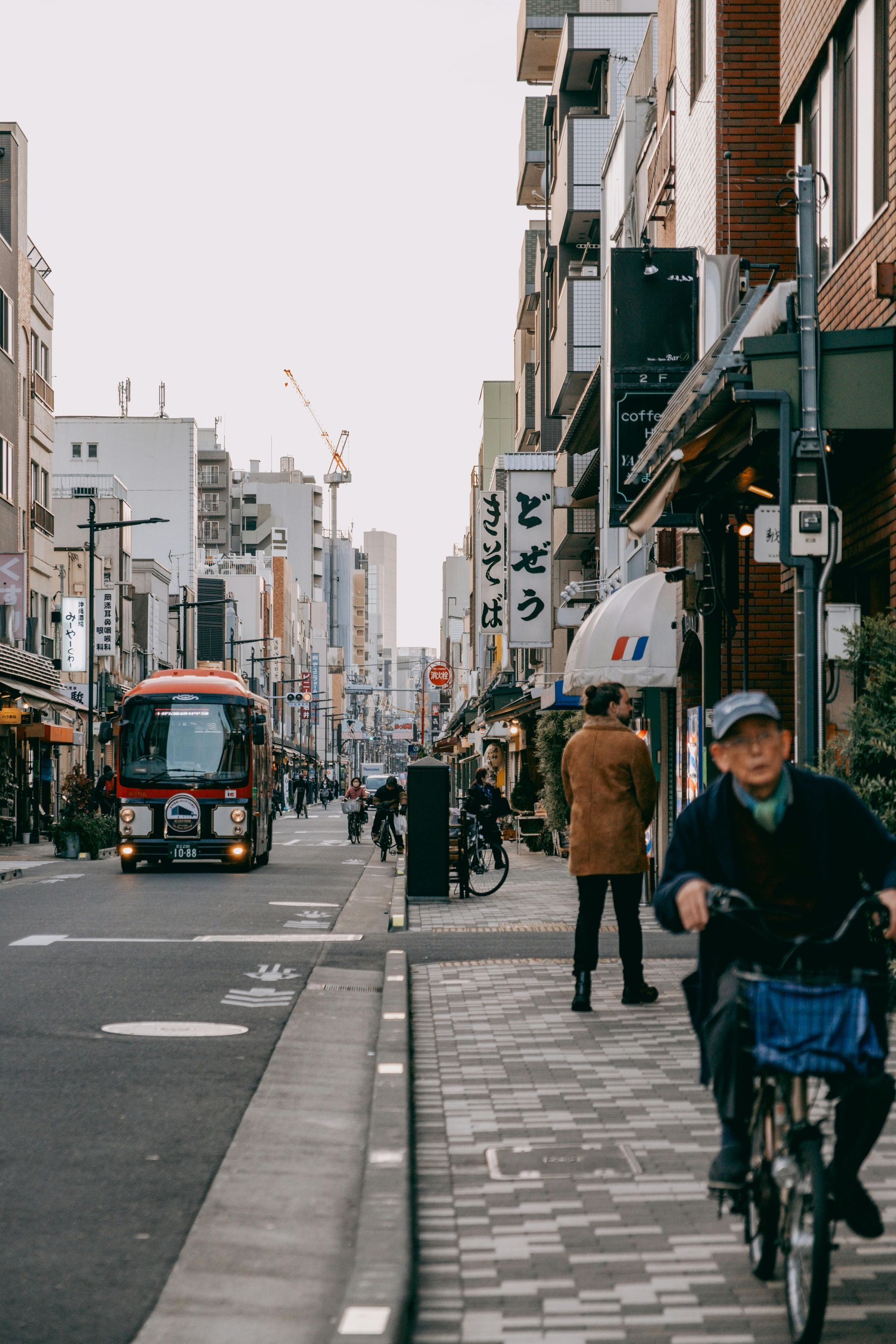"Essential Guide to Passport and Visa Requirements for Employment in Monaco: Navigating Legal Pathways for International Workers"

Navigating Work Permits and Visas for Employment in Monaco
Monaco, a tiny yet glamorous city-state on the French Riviera, is renowned for its lavish lifestyle, stunning views, and vibrant economy. Despite its small size, Monaco attracts a diverse range of professionals seeking job opportunities in finance, tourism, hospitality, and technology. However, before you pack your bags for this Mediterranean haven, it’s essential to understand the necessary passport and visa requirements for working in Monaco.
Understanding Monaco’s Employment Landscape
Monaco operates under a unique legal framework due to its status as a sovereign entity. The Principality has its own labor laws, but it also has close ties to France and the European Union (EU). This relationship significantly influences the regulations surrounding work permits and visas.
Passport Requirements
Before considering a work visa, let’s address the passport requirements. If you are a citizen of an EU/EEA country or Switzerland, you can enter Monaco without a visa for short stays. However, if you plan to work in Monaco, you will still need to obtain a work permit. Non-EU citizens, on the other hand, require both a visa and work permit to work legally.
Work Permits: The Foundation of Employment in Monaco
Monaco has strict regulations concerning work permits, which are categorized based on the applicant’s nationality. Here’s a detailed breakdown:
1.EU/EEA and Swiss Nationals:
- Citizens from EU/EEA countries and Switzerland enjoy a relatively straightforward pathway to employment in Monaco. They do not need a visa to enter the country. However, to work legally, they must acquire a work permit, which is typically issued by the Monaco government.
- The employer must request the work permit on behalf of the employee, demonstrating that the position cannot be filled by a local resident. This process is essential to ensure that the local job market is prioritized.
2.Non-EU Nationals:
- Non-EU citizens face a more complex process. They must first secure a job offer from a Monaco-based employer. Once an offer is in place, the employer can apply for a work permit on behalf of the employee.
- The work permit application will require various documents, including proof of employment, the employee’s passport, and sometimes a criminal record check. Additionally, the employer must demonstrate that they have made efforts to find a suitable candidate within the local workforce.
- If successful, the employee will be granted a work permit, which allows them to live and work in Monaco legally.
Types of Work Permits
Monaco offers different types of work permits depending on the nature of employment:
- Temporary Work Permit: Issued for short-term contracts or seasonal work, usually lasting up to one year.
- Permanent Work Permit: For employees with a long-term job offer, typically valid for an extended period, subject to renewal.
- Self-Employment Permit: For individuals looking to start their own business or work as freelancers in Monaco. This permit requires a detailed business plan, proof of financial resources, and compliance with local business regulations.
The Visa Process
For non-EU nationals, securing a visa is an integral part of the employment process. Once the work permit is approved, you will need to apply for a residence visa, which allows you to reside in Monaco while working. Here’s how the process typically unfolds:
1.Gather Required Documentation: You will need your passport, work permit, proof of accommodation in Monaco, and health insurance coverage.
2.Submit Visa Application: Apply for the residence visa at the Monaco consulate in your home country or directly at the Monaco government’s Department of Immigration and Citizenship.
3.Await Processing: The processing time may vary, so it’s advisable to apply well in advance of your intended start date.
Important Considerations
- Language Skills: Proficiency in French can be beneficial, as it is the official language of Monaco. While many businesses operate in English, knowing French can enhance job prospects and help with integration into the local community.
- Cost of Living: Monaco is known for its high cost of living. It’s vital to consider salary levels in relation to living expenses when negotiating your employment contract.
- Networking: Building a professional network in Monaco can be advantageous. Many jobs are filled through referrals, so attending industry events and joining local clubs can be beneficial.
Conclusion
Working in Monaco offers a unique opportunity to experience life in one of the world’s most prestigious locales. However, navigating the passport and visa requirements can be complex, particularly for non-EU nationals. Understanding the nuances of work permits, visa applications, and local employment regulations is crucial for a successful transition.
Whether you are an EU citizen or a non-EU national, being well-informed about the necessary documentation and processes will pave the way for your career in this stunning Principality. With the right preparation, you can enjoy the vibrant lifestyle and professional opportunities that Monaco has to offer.
What passport and visa requirements are necessary to work in Monaco?
Blog









